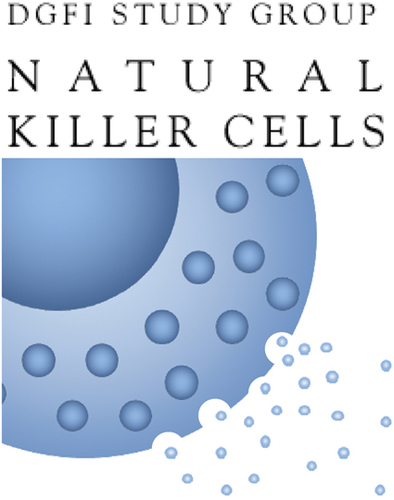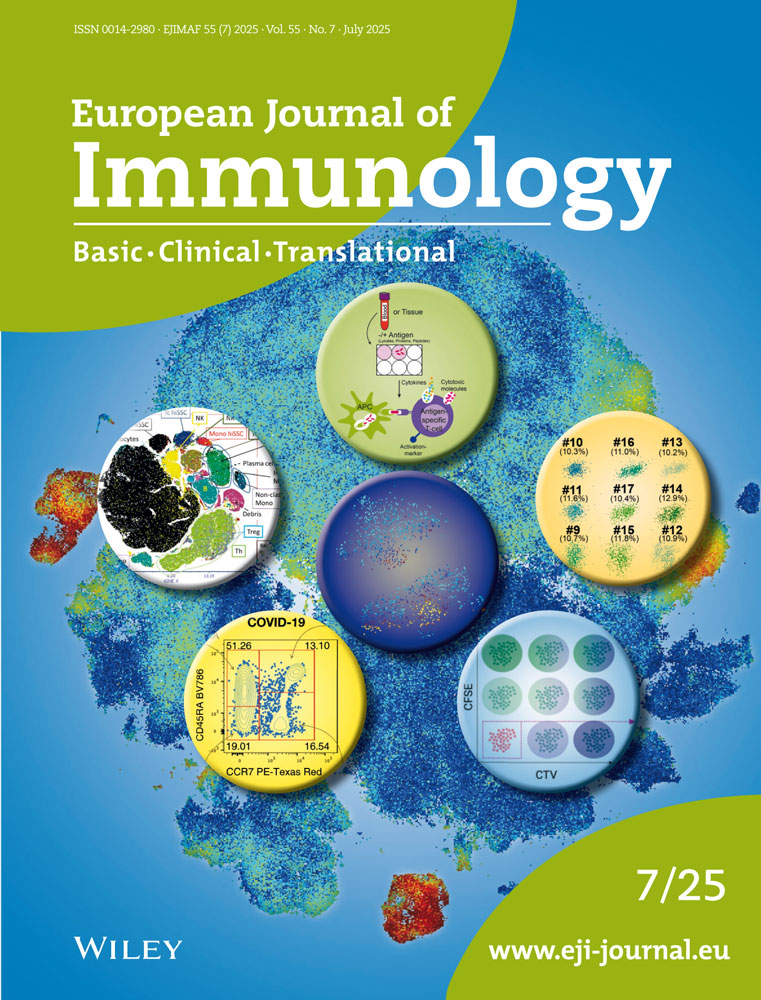News and EFIS
Introducing the new study group “Natural Killer Cell Biology” of the German Society for Immunology
- (i)
A website (www.nk-zelle.de) devoted to the study group and starting point for all information, including a members' only resources section. The website is maintained in German and English.
- (ii)
Communication between members of the study group is facilitated by a special mailing list promoting the exchange of reagents, protocols and expert advice.
- (iii)
The study group will maintain a wiki-based webpage with general and specialized information on NK cells in both English and German.
- (iv)
The organization of annual symposia on NK cell biology will be one of the major means for promoting and supporting NK cell research in Germany. Our aim is to keep these symposia small with less than 100 participants and only a limited number of invited speakers; the language of the symposium is English. This format was very well received at the first two symposia of this kind and helped to create an intense atmosphere, which facilitated discussions and the exchange of ideas. Given the growing interest in NK cells and the great success of the past symposia, one of the future challenges will be to find effective and unbiased ways to restrict participation to less than 100 scientists without compromising the attendance of young researchers. The next symposium is already planned for November/December 2009 and more details will appear on the webpage of the study group soon. Every researcher within the German speaking countries, whose work focuses on NK cells, is invited to become a member of this new study group. For details please go to www.nk-zelle.de or contact myself, the organizer of the study group.





